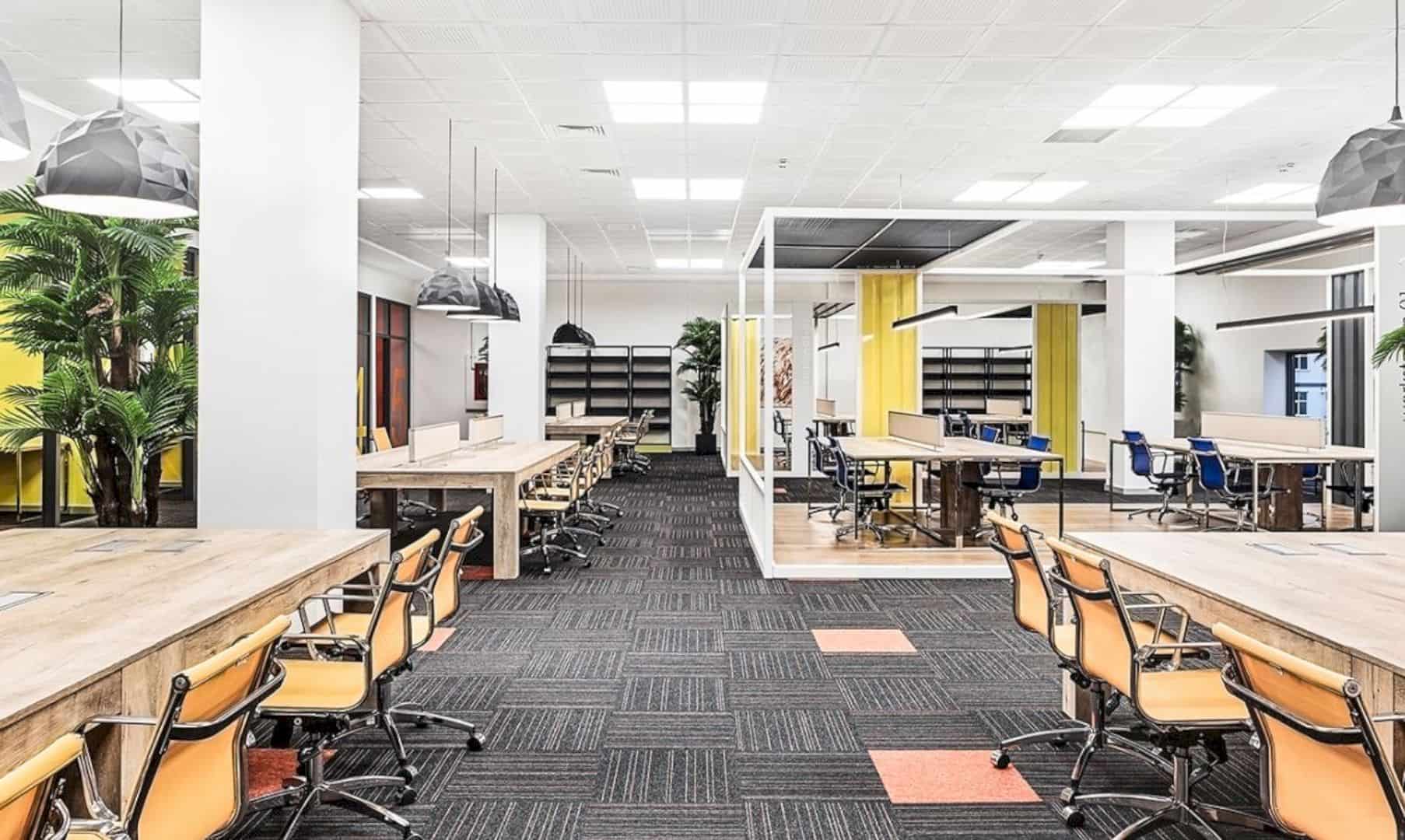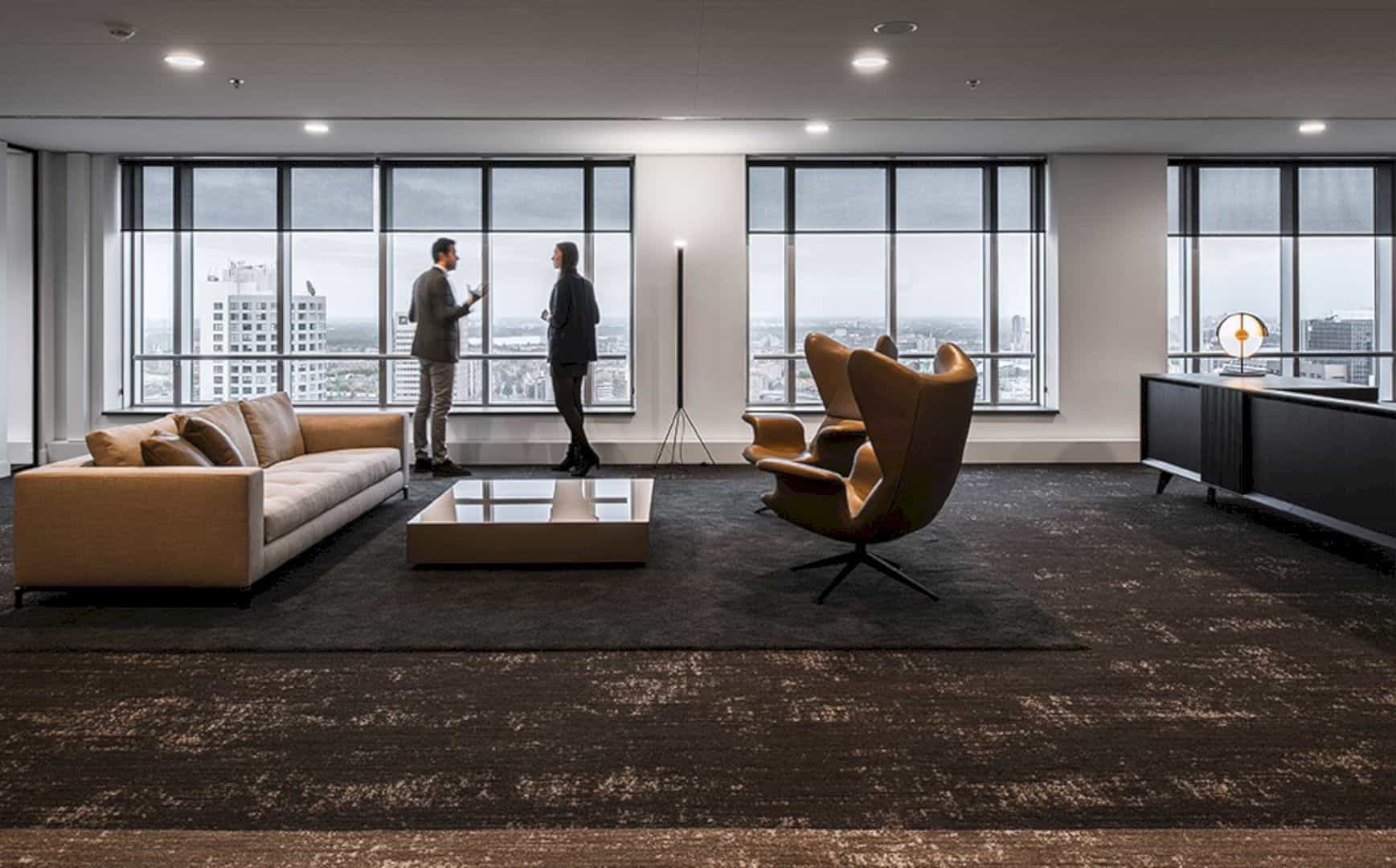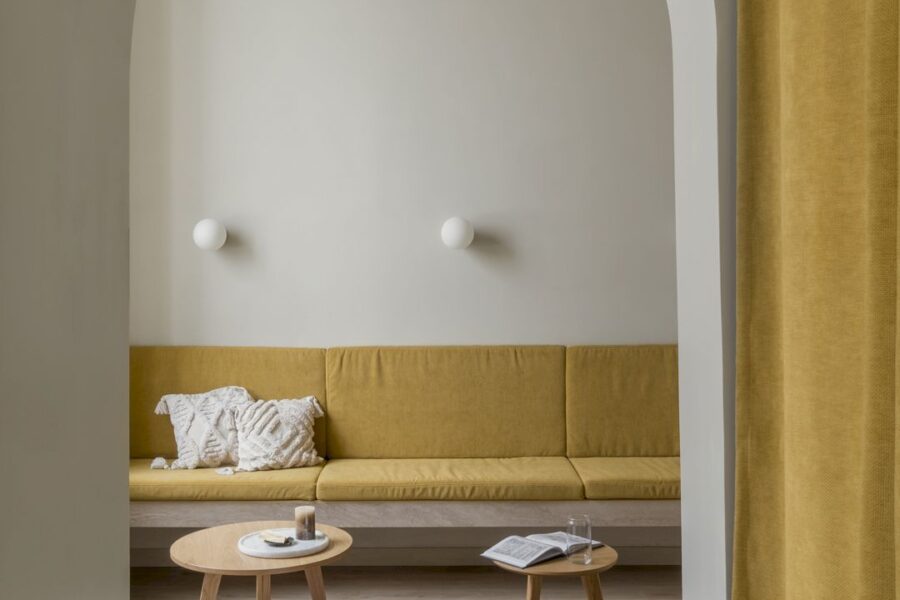Las Ventanas al Paraiso is a resort situated on the Baja peninsula, a seemingly lifeless landscape in Cabo San Lucas, Mexico. Conceived almost 20 years ago, SWA Group was appointed to work on the landscape design of the resort. Seeing the aesthetic value in the Baha’s natural attributes, social, cultural, and environmental benefits, the landscape architect was able to come up with the idea of a resort that is different with other nearby luxury hotels and resorts.
Las Ventanas al Paraiso
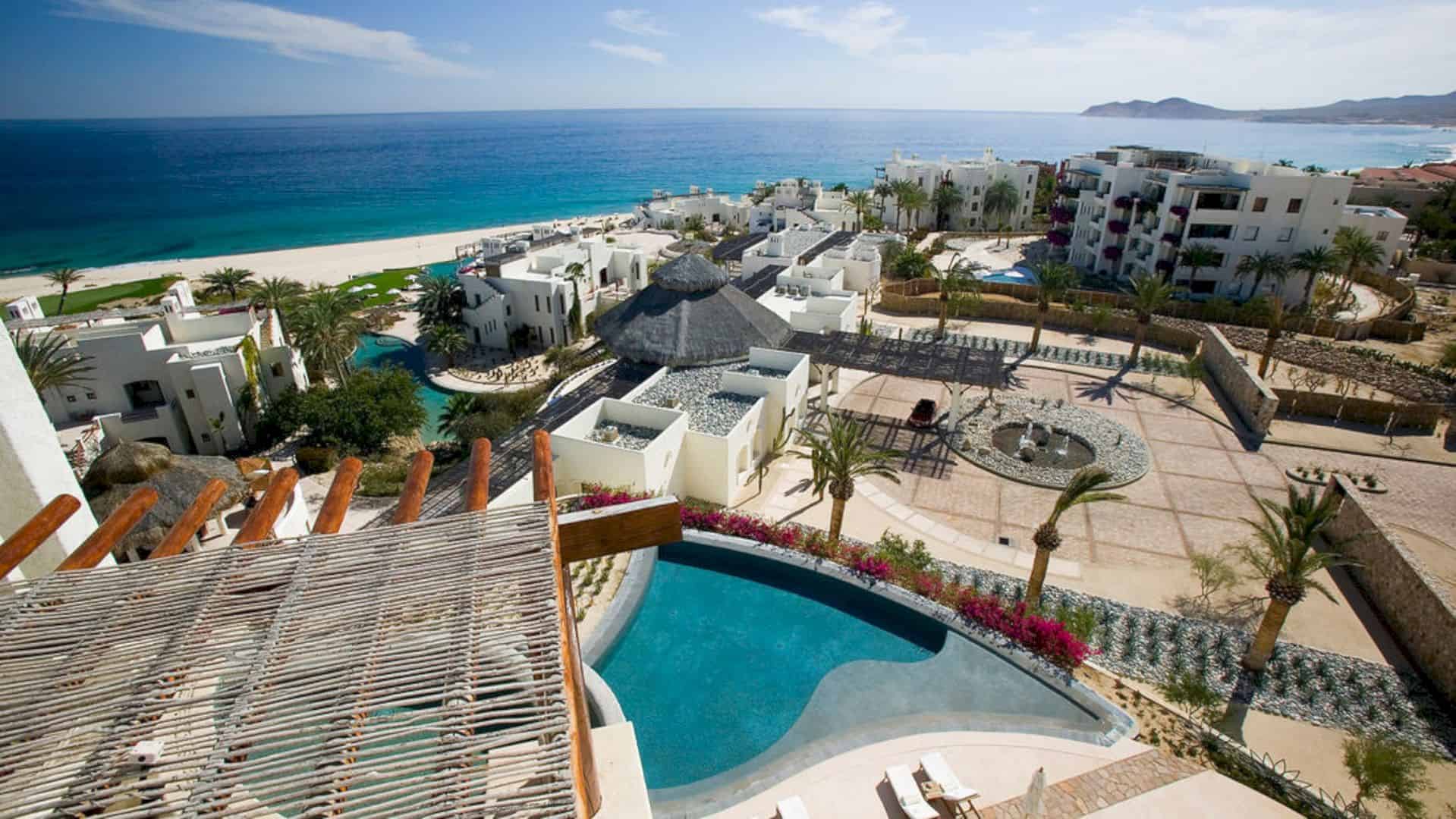
With huge investments in water infrastructure from the Mexican government to develop the southern tip of the Baja peninsula, many pseudo-tropical hotel complexes have started to emerge in the area. However, most of them disregard the reality of the surrounding natural environment and the authentic of this desert landscape.
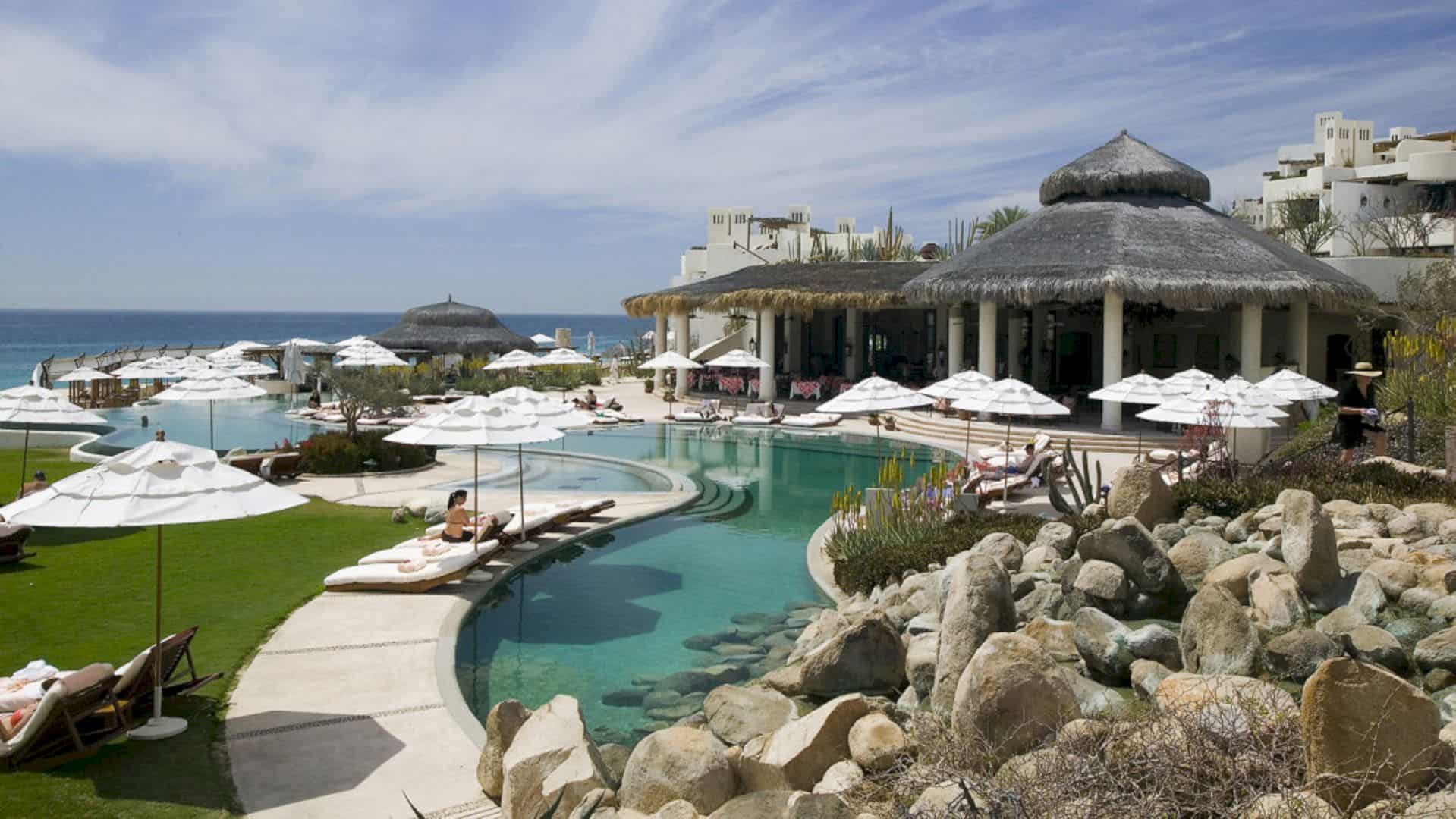
That being the case, SWA as the team in charge of Las Ventanas project, made sure to incorporate resort design that would enhance and preserve the natural landscape. The team utilized existing natural systems when they defined the theme for the entire resort.
Challenges and Site Contradictions
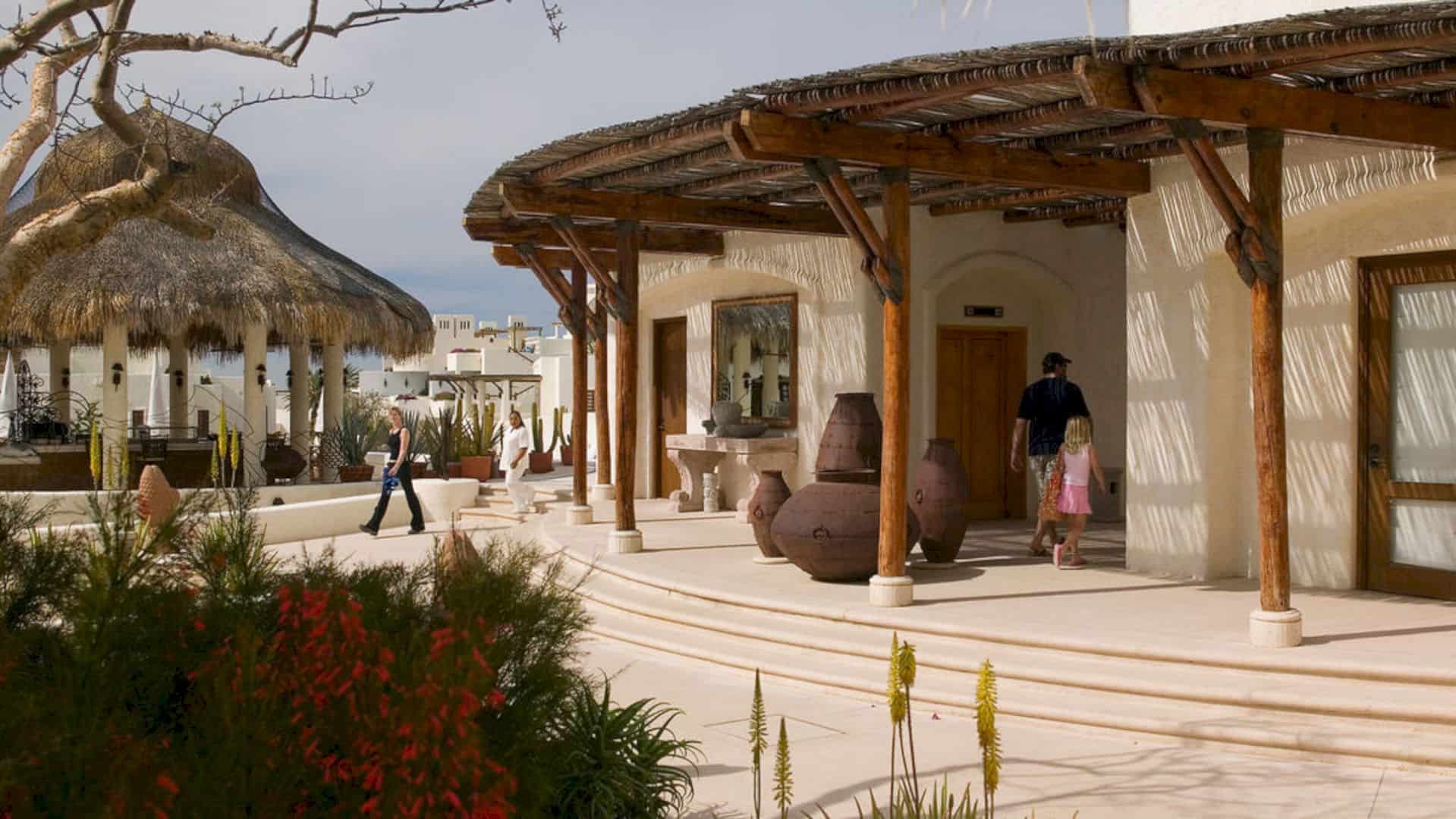
The architecture firm encountered some challenges in regards to the location and the site-specific contradictions. The development of the resort was taken place in the area between San Jose Del Cabo and Cabo San Lucas with minimal access to fresh water due to a hostile climate of the sun, saline conditions, and heat.
Beyond that, the location is blessed with a palette of highly sculptural and unique indigenous plant spaces as well as a huge source of regional and native building materials. Talented craftsmen and mesmerizing views of the inland mountains and the Sea of Cortez have become other plus points of the region.
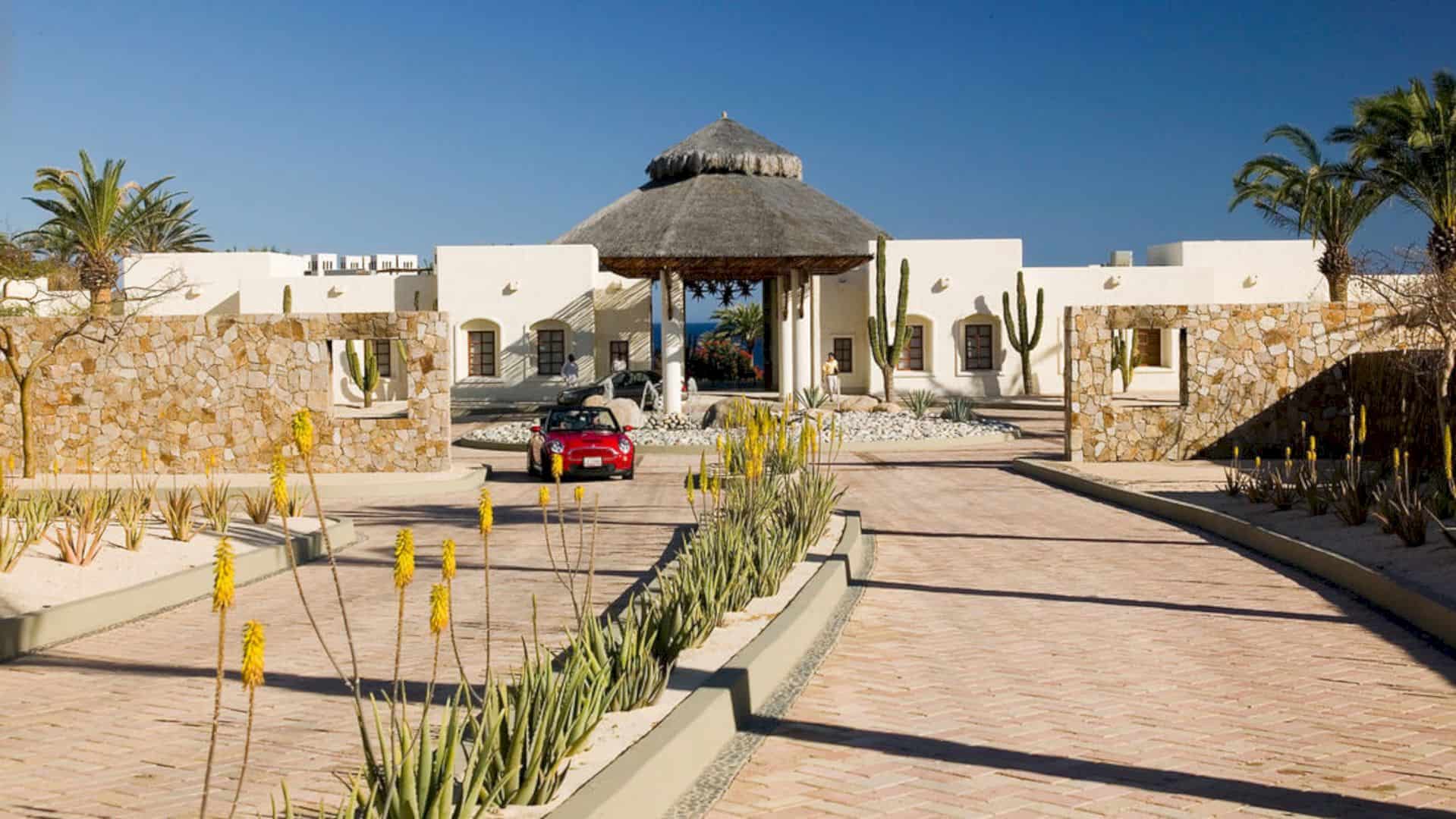
The Las Ventanas site flows from the main highway that will direct travelers to the violent aquamarine surf of the sea. Close to the water, an occurring granite escarpment stands about five to six meters above the white sandy beach. This form helps establish a natural interruption in the property and allows the buildings to stand at its base along the landform above, maximizing the potential for amazing views.
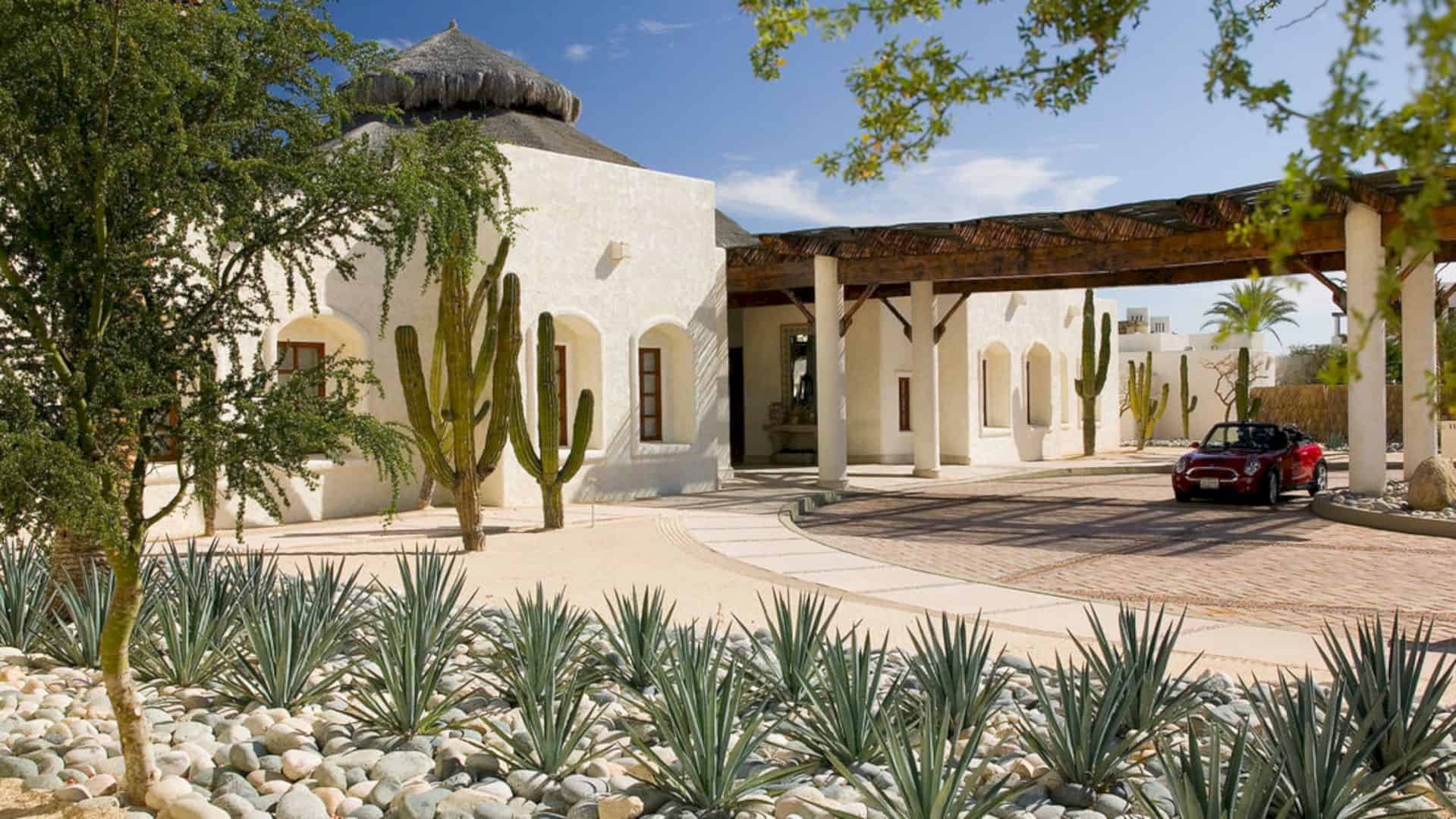
Taking advantage of this feature, the firm was able to build a split-level configuration with units below and above, resulting in a low-density site plan that presents a panoramic view.
Views of the Horizon for All
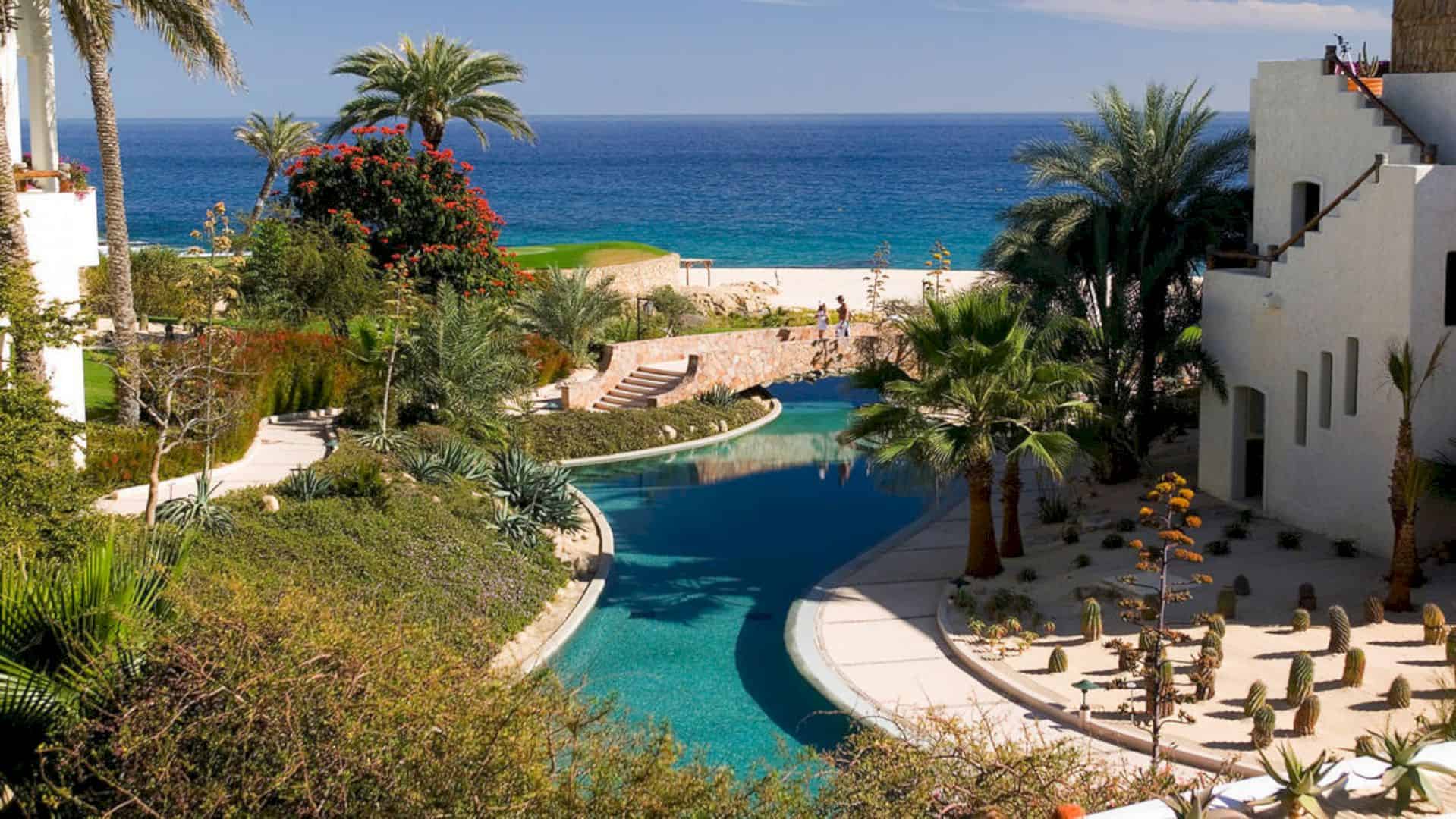
The landscape architect had prepared a number of site plan options and some adjustments had been made in the process. The architect wanted to realize the client’s vision of achieving ‘views of the horizon for all’. Site topography, prevailing winds, and site lines from the guestrooms to the majestic Sea of Cortez were taken into consideration in the placement of buildings.
Contrary to other nearby resorts, the Las Ventanas landscape merges with the natural desert environment and the sensuality of the reinterpreted Mexican-style architecture. This allows the resort to achieve a sense of tranquility and authenticity.

Native stones and rocks from the arroyos line the site’s perimeter. It used to create courtyards and podiums for the building. The native materials also reflect the indigenous tradition of using solid stone in tandem with rubble-stone chinking.
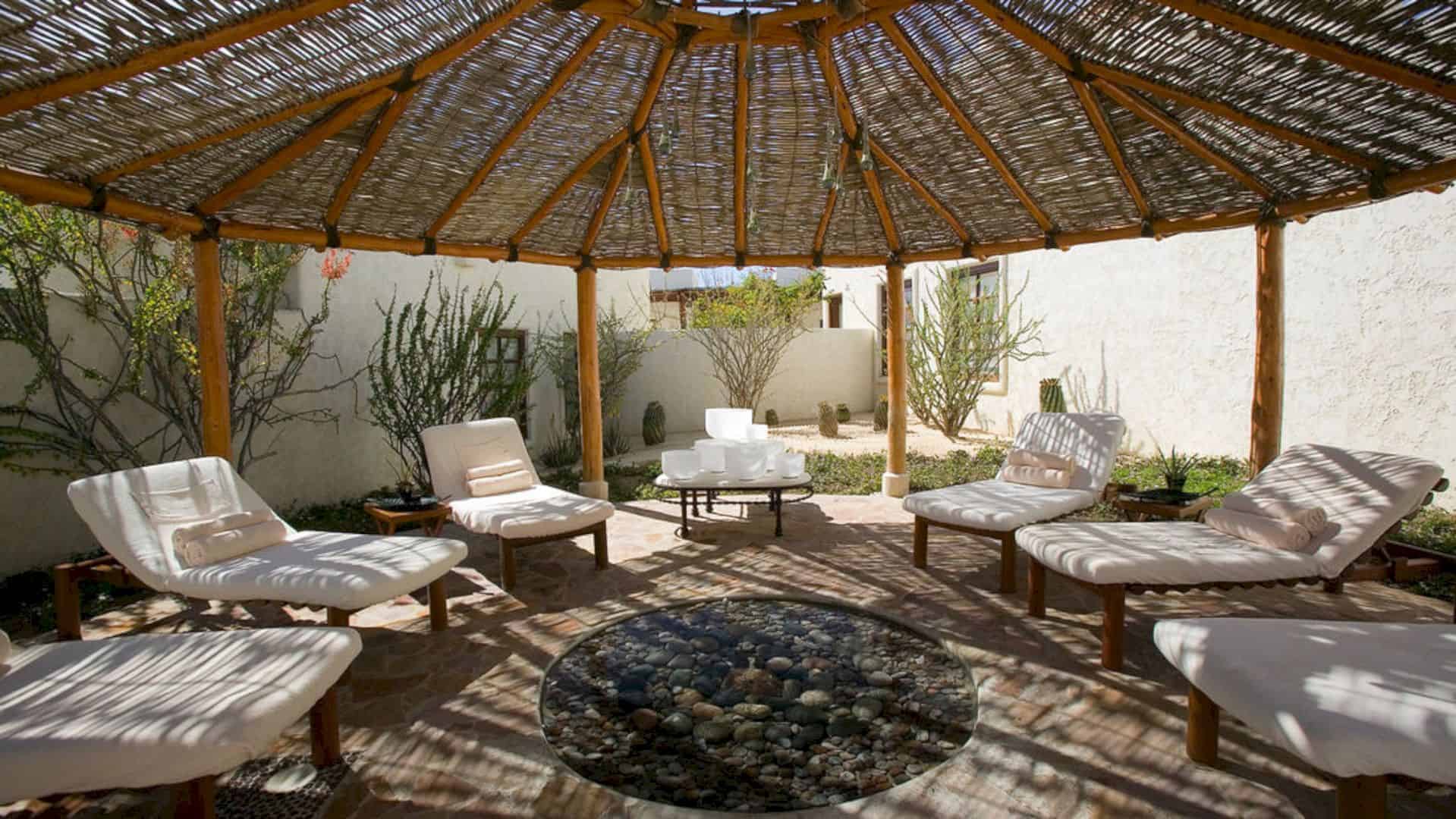
With this, the firm was able to come up with multiple layers of patterns, colors, and textures harmoniously that usually be derived from non-sustainable plants found throughout Baja peninsula.
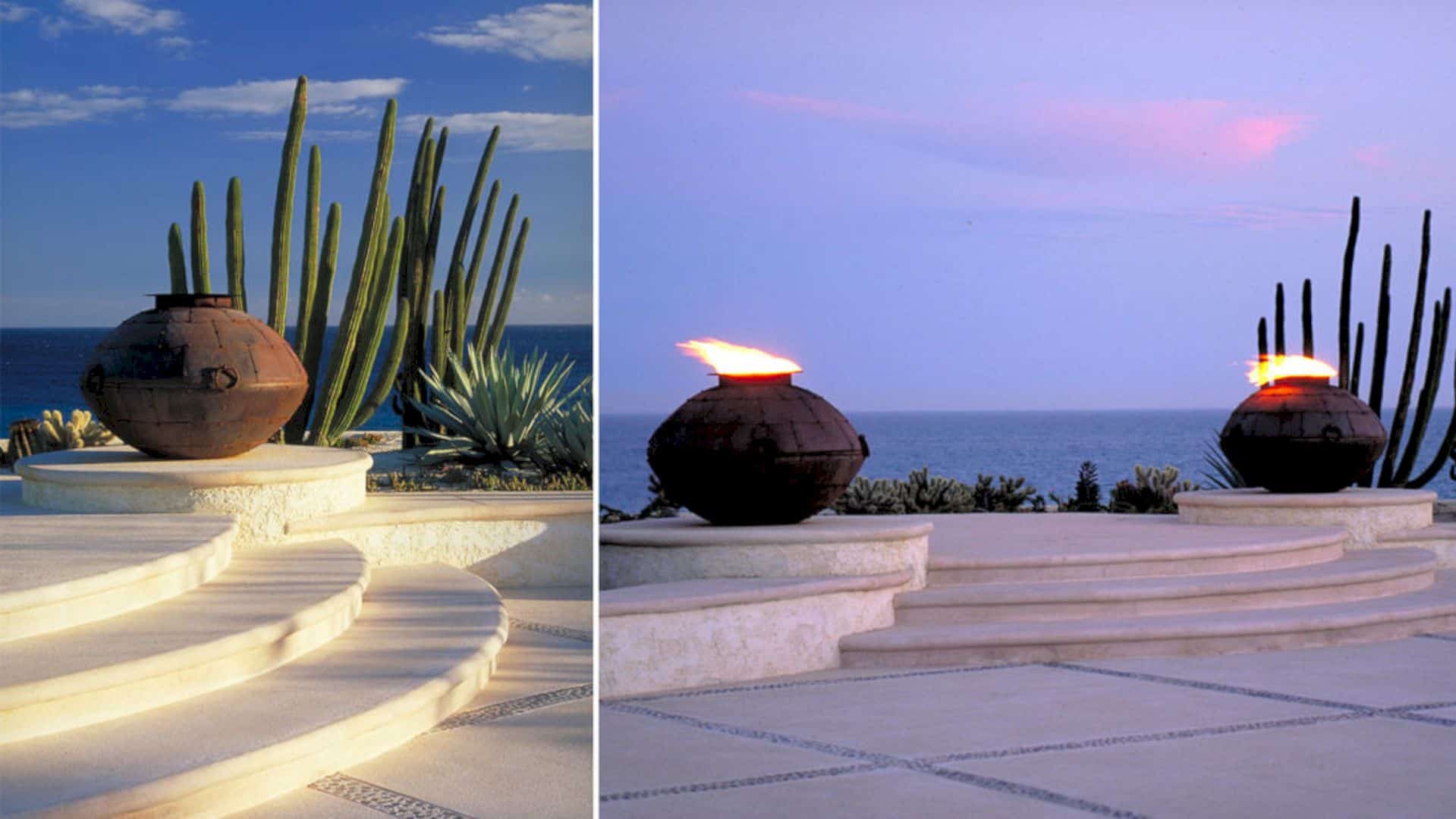
Since the resort is located at the tip of a desert peninsula, traditional building materials were not always ready when needed, thereby the improvisations were necessary to conduct.
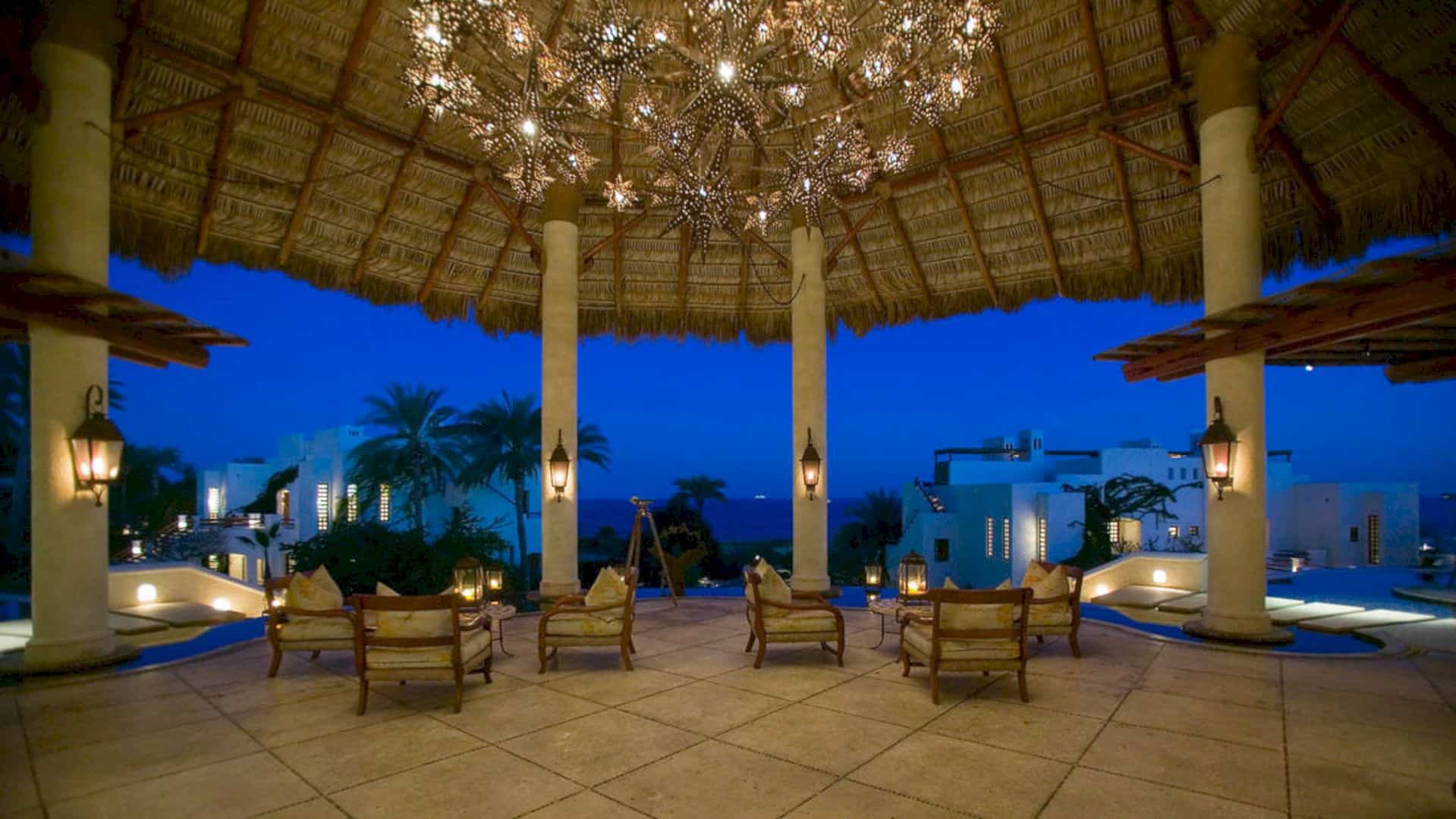
After discussing with the local stone mason and metalworker, they agreed to produce an idea where local touch and distinctiveness were added to the resort design.
Water Elements
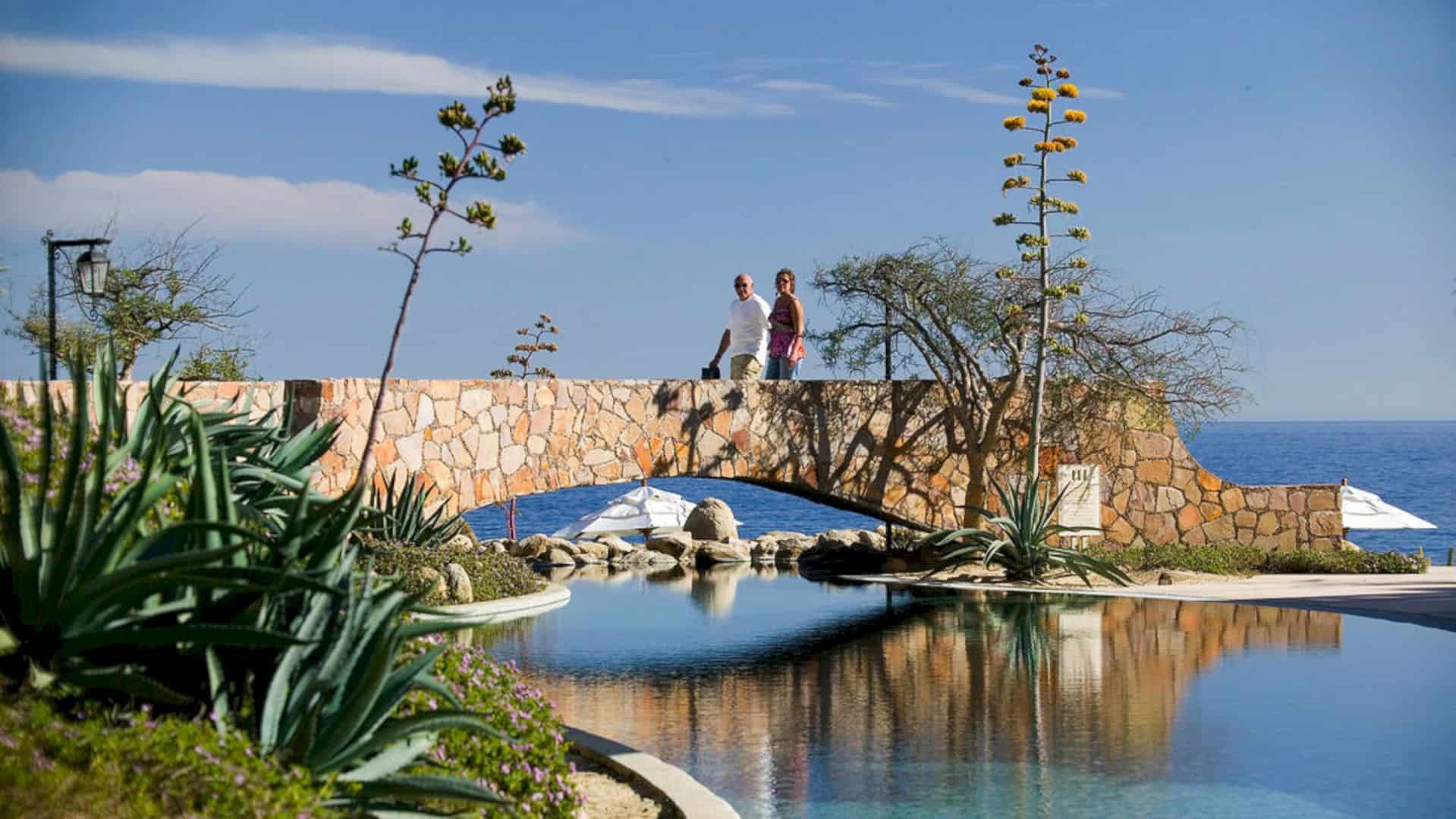
Across the Las Ventanas, water elements create a connection with the Sea of Cortez. The elements comprise a serpentine network of three drop-edge pools, the infinity pool, and the life-giving desert arroyos.
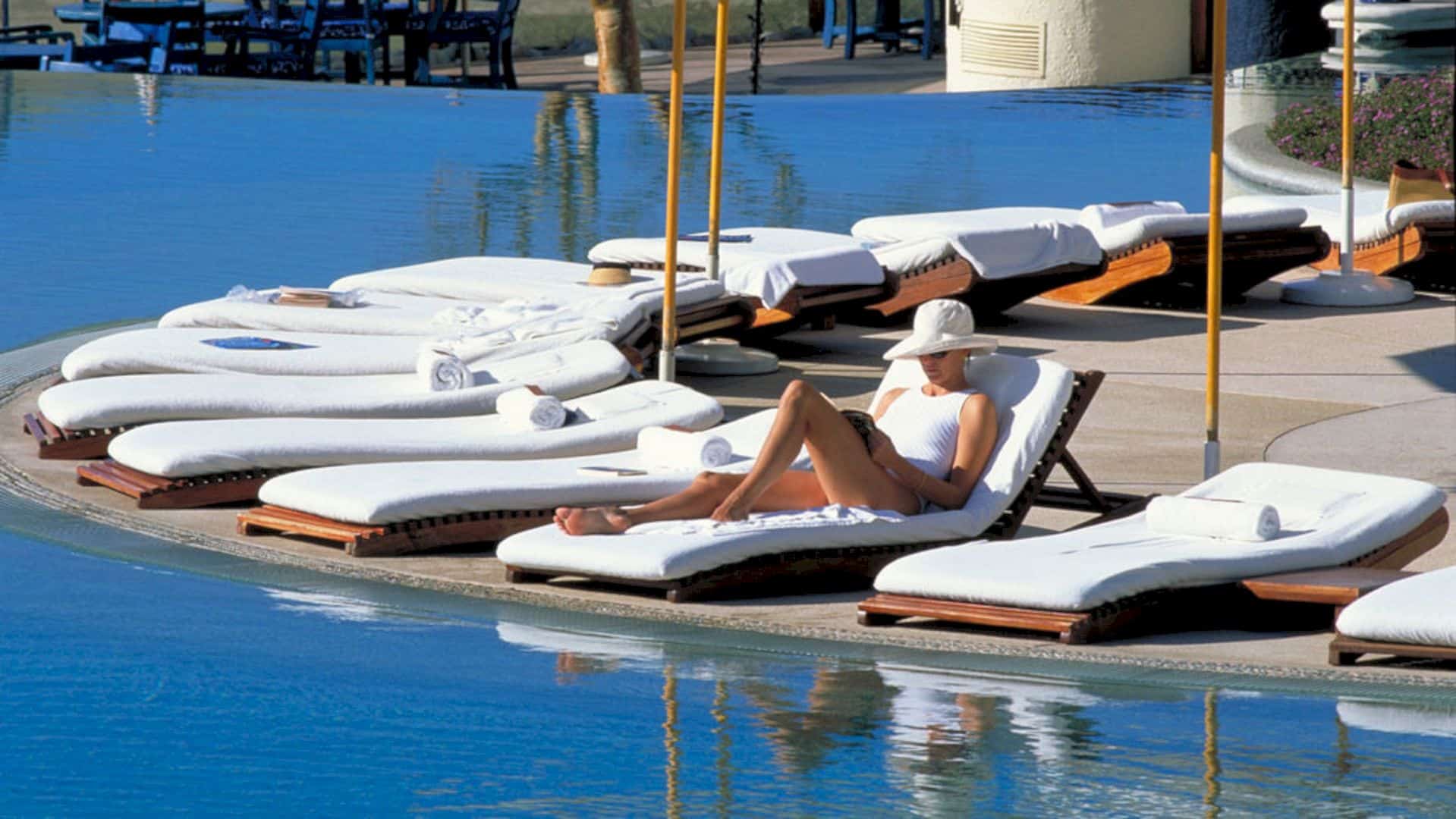
The tree drop-edge pools flow from the lobby down several levels to the beach, while the blue water of the infinity pool appears as one with the sea at certain times of the day.
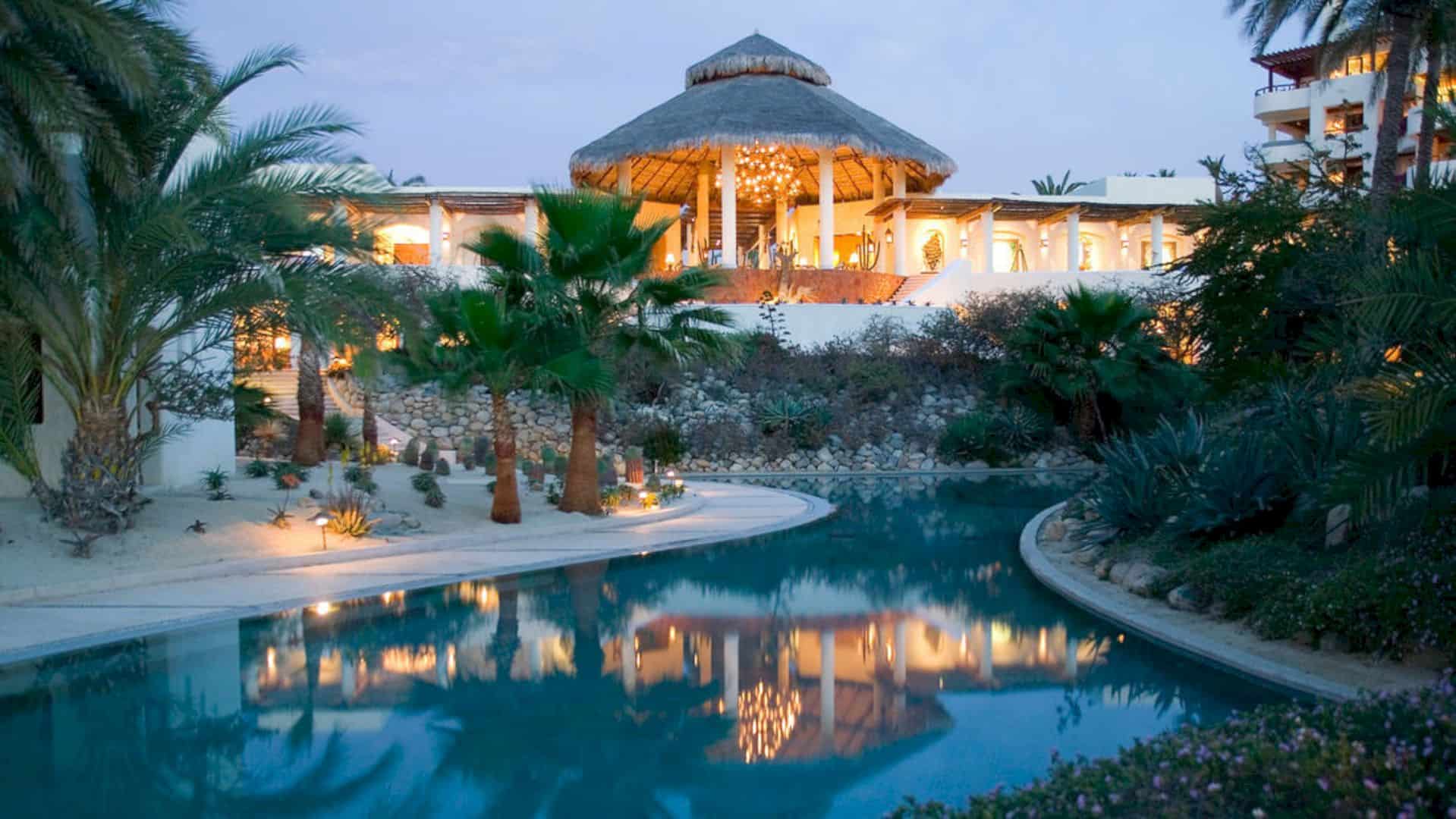
The life-giving desert arroyos present water from the uplands to the sea have formed the layout of plantings and water recharge areas as well as the design of fountains and pools.
Vegetation
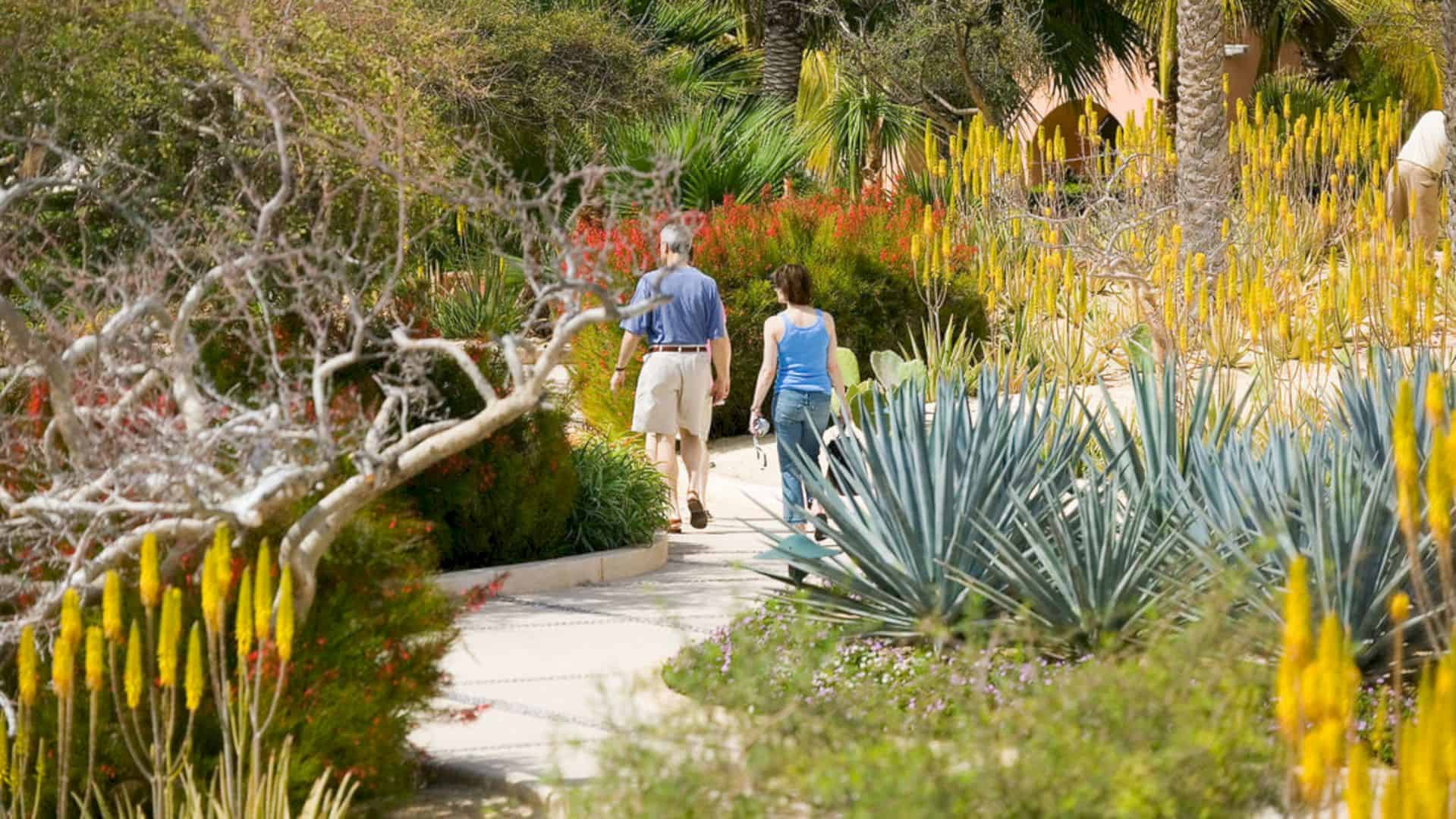
Vegetation has become a crucial part of the overall resort design. Thus, to fulfill an environmental responsibility, they rescued desert plants from an area that was slated for destruction by a landfill operation.
Important species were transplanted to protect the regional habitat value they have provided. Trees, succulents, and cactus within the garden follow the cycle of the desert. They are dry, bare, and water-conserving during drought periods while during rains they appear lush with colorful blossoms and verdant foliage.
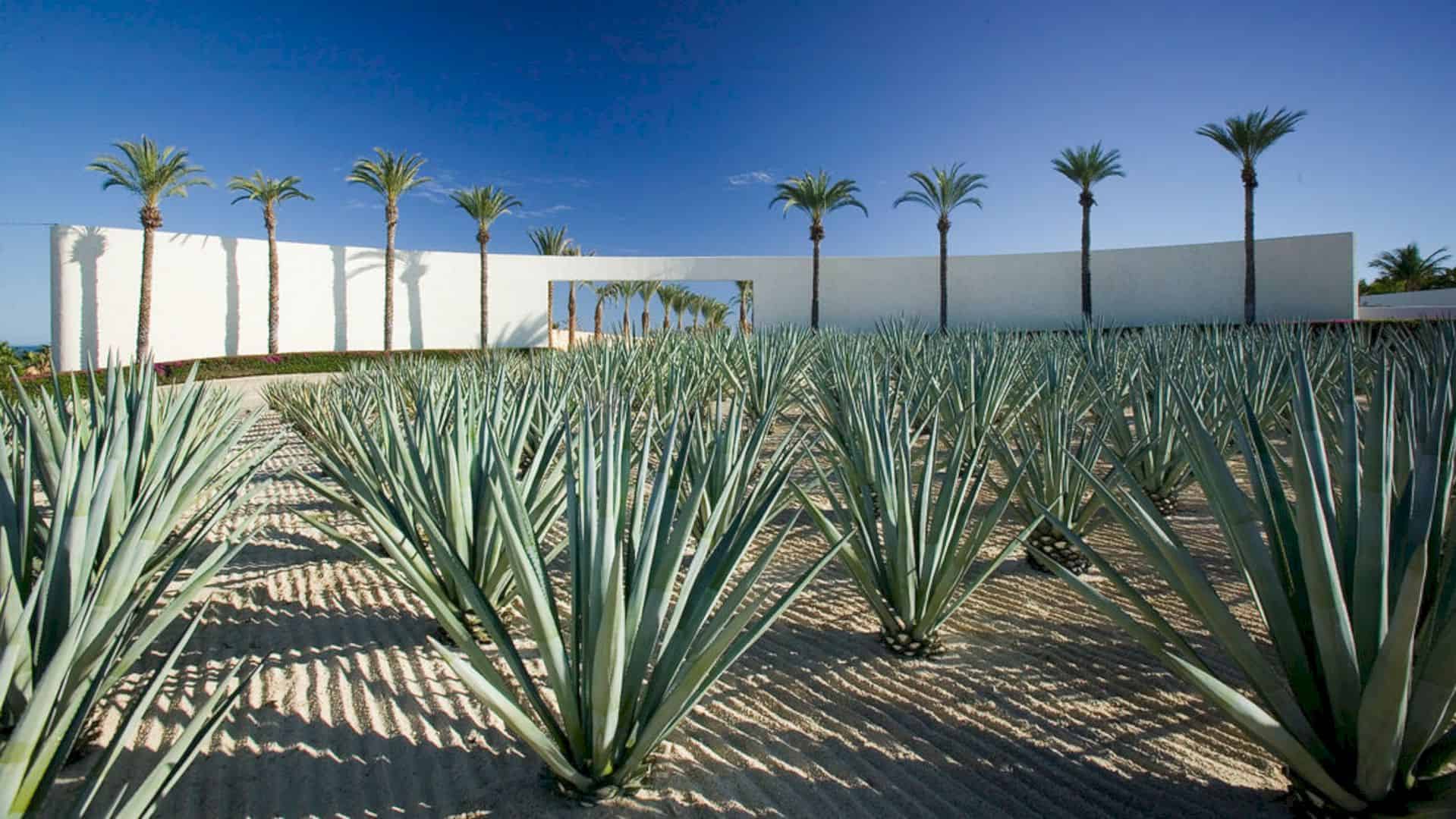
Aloes in the resort offer burst into vibrant color in the spring, offering a counterpoint to the soft desert vibes.
Via SWA Group
Discover more from Futurist Architecture
Subscribe to get the latest posts sent to your email.
